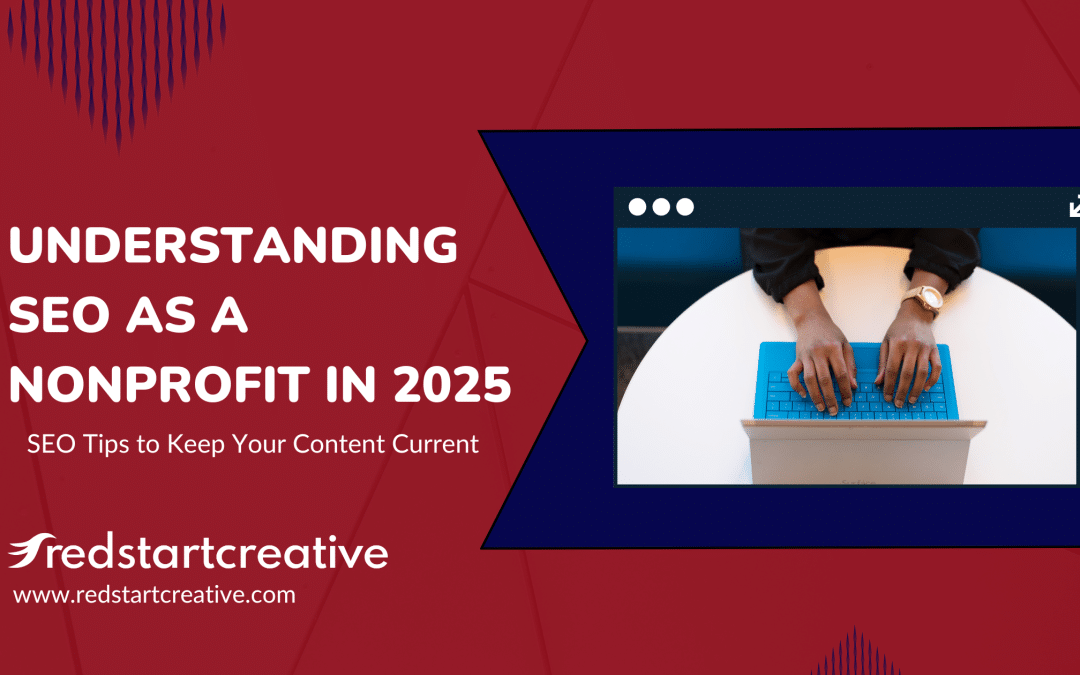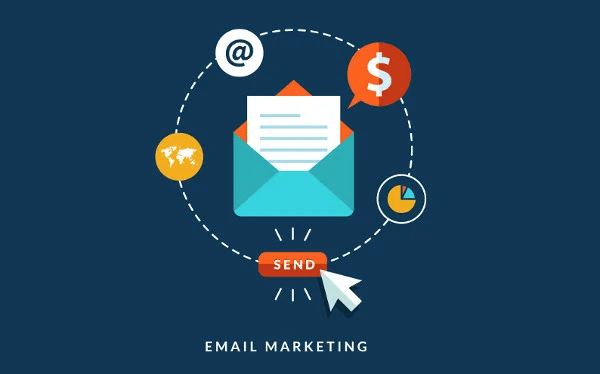In today’s digital age, a strong online presence is essential for any nonprofit organization looking to increase its visibility, grow its donor base, and extend its impact. Search engine optimization (SEO) plays a critical role in ensuring your nonprofit’s website can be easily found by your target audience. Whether it’s supporters, volunteers, or individuals in need of your services, optimizing your website for search engines can help your organization reach the right people at the right time. Below are some essential SEO tips tailored for nonprofit websites.
1. Choose the Right Keywords
Keywords are the foundation of SEO. For nonprofits, it’s crucial to focus on terms that align with your mission, services, and geographic location. Start by researching what terms people are using to find organizations like yours. Tools like Google Keyword Planner or Ubersuggest can help identify keywords that have high search volume but aren’t too competitive.
Example: If your nonprofit provides community health services in Baltimore, focus on keywords like “community health services in Baltimore,” “Baltimore nonprofit health,” or “affordable health care Baltimore.”
2. Create High-Quality, Engaging Content
Search engines prioritize websites that provide valuable and relevant content. Regularly update your site with content that resonates with your audience. Write blog posts that address community issues, share success stories, and explain how supporters can get involved. Be sure to use your keywords naturally within your content, but avoid keyword stuffing, which can harm your rankings.
Tip: Consider writing articles about local events your nonprofit is involved in, educational resources related to your mission, or advice for other nonprofits. This not only engages your audience but also enhances your SEO.
3. Optimize for Local Search
Nonprofits often serve specific communities, which means local SEO is particularly important. Claim and update your Google My Business listing with accurate details about your location, hours, and services. Make sure your website includes your city or region in its titles, meta descriptions, and throughout your content.
Pro Tip: Encourage supporters and volunteers to leave reviews on Google, which helps build credibility and boosts local search rankings.
4. Leverage Backlinks and Partnerships
Backlinks are links from other websites to yours, and they signal to search engines that your content is valuable and trustworthy. Build partnerships with local organizations, media outlets, or other nonprofits to gain backlinks. You can also reach out to bloggers and influencers in your sector who might be willing to feature your organization.
Example: If your nonprofit recently participated in a community event, reach out to the event organizers to see if they’ll mention and link to your website in their post-event summary.
5. Optimize Page Load Speed and Mobile Experience
Search engines like Google factor in user experience when ranking sites. A slow-loading website or one that isn’t mobile-friendly can push your organization lower in search results. Many people access websites from mobile devices, so optimizing for mobile ensures a smooth experience for users and helps your SEO.
Actionable Step: Use tools like Google PageSpeed Insights to analyze your site’s load time and follow their recommendations to improve it.
6. Make Use of Schema Markup
Schema markup is a type of code that helps search engines understand the content on your website. For nonprofits, this can include marking up your mission statement, upcoming events, or donation options. Implementing schema helps Google present richer results, such as event details or donation buttons, directly in search results, making it easier for users to take action.
Example: If your nonprofit hosts regular events, use event schema markup so that Google can display details like dates and times when people search for local events.
7. Optimize for Voice Search
With the rise of virtual assistants like Siri, Google Assistant, and Alexa, voice search is becoming more common. People tend to use longer, more conversational phrases when using voice search, so it’s important to optimize your content for these queries.
Example: Instead of just targeting “Baltimore homeless shelter,” consider incorporating phrases like “Where can I find a homeless shelter in Baltimore?”
8. Utilize Social Media for SEO Benefits
While social media itself doesn’t directly impact SEO rankings, it can drive traffic to your website and build your nonprofit’s online authority. Share your blog posts, news updates, and events across platforms like Facebook, Instagram, and Twitter, ensuring they link back to your website.
Tip: Engaging with your community on social media also boosts brand recognition, and any backlinks from these platforms can increase your website’s authority.
9. Ensure Accessible Design
Accessibility is crucial for nonprofits and plays a significant role in SEO. Search engines like Google reward websites that follow best practices for accessibility, such as using alt text for images, providing transcripts for videos, and ensuring content is easy to navigate for screen readers. Accessible design also aligns with many nonprofits’ missions to serve diverse and underserved communities.
Actionable Step: Use tools like WAVE (Web Accessibility Evaluation Tool) to check your website for accessibility issues and resolve them.
10. Track and Measure SEO Performance
SEO is an ongoing process, so it’s essential to monitor your website’s performance. Use tools like Google Analytics and Google Search Console to track your website’s traffic, see which keywords are driving visitors, and identify any issues that need attention. Regularly review your data and adjust your SEO strategy as needed.
Pro Tip: Set up specific goals in Google Analytics to track actions like donations, newsletter signups, or volunteer signups, which can give you deeper insights into how SEO impacts your nonprofit’s success.
Conclusion
For nonprofits, a well-optimized website can be the key to attracting more supporters, volunteers, and donors. By focusing on the right keywords, creating valuable content, and ensuring your site is technically optimized for search engines, your organization can improve its visibility and, ultimately, its impact. Remember that SEO is not a one-time task but an ongoing effort that will pay off as your nonprofit continues to grow its digital presence.
If you’re ready to take your nonprofit’s website to the next level with tailored SEO strategies, Redstart Creative is here to help! Contact us to learn more about how we can help you get found online.



